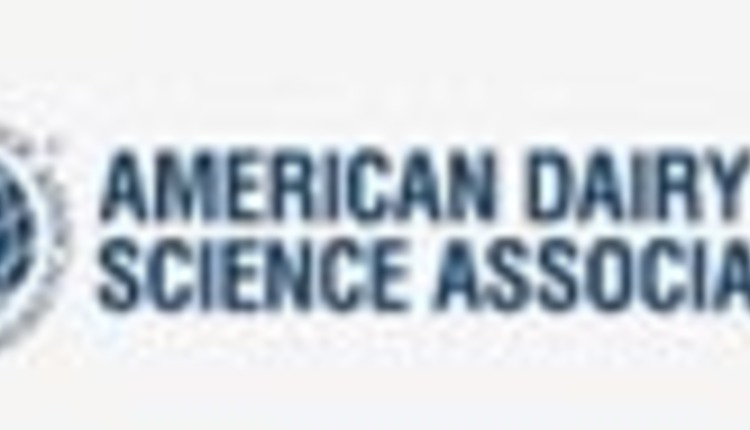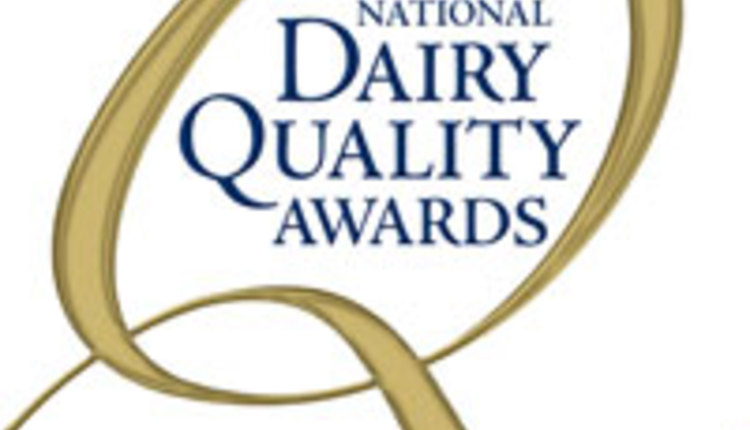
The 2016 Alltech Canada Harvest Analysis tested 45 TMR samples from across Canada, from June 1 to November 30, at the company’s ISO-accredited Alltech 37+® mycotoxin analytical services laboratory in Nicholasville, Kentucky. The report showed that only 2 percent of the samples contained no mycotoxins. Two percent of the samples contained eight to nine mycotoxins, 20 percent contained six to seven mycotoxins, 29 percent contained four to five mycotoxins, 29 percent contained two to three mycotoxins and 18 percent contained one mycotoxin. Type B trichothecene mycotoxins (including DON) were present in 80 percent of the samples, and fusaric acid was present in more than half.
Deoxynivalenol (DON) is a type B trichothecene mycotoxin and was the most prevalent mycotoxin found in new-crop corn silage as well as spring wheat, barley and triticale samples. High levels of fusaric acid were also present in the samples collected. The combination of DON and fusaric acid can result in a high risk equivalent factor (REQ) that can be toxic to animals. Producers should observe their herd and monitor their animals for poor feed intake as well as reduced milk or meat production.
“Mycotoxin issues aren’t limited to growing regions with contaminated crops,” said Dr. Max Hawkins, nutritionist for the Alltech Mycotoxin Management team. “Mycotoxins move around quickly and spread contamination, so ensure that you sample your TMR and silage regularly and monitor your animals.”
The Alltech 37+ mycotoxin analysis program can detect the presence of more than 37 different mycotoxins in feed, raw materials and forage. It also provides a risk assessment of the threat mycotoxins present to animals as well as tailored recommendations for your operation, all within two weeks of sample submission. For more information on the Alltech Mycotoxin Management program, visit knowmycotoxins.com or contact your local Alltech representative.
Alltech Canada is headquartered in Guelph, Ontario, with regional offices in Calgary, Alberta, and Saint-Hyacinthe, Quebec. Alltech employs 40 people in Canada and more than 5,000 people globally.
About Alltech:
Founded in 1980 by Irish entrepreneur and scientist Dr. Pearse Lyons, Alltech improves the health and performance of people, animals and plants through nutrition and scientific innovation, particularly yeast-based technology, nutrigenomics and algae. With more than 100 manufacturing sites globally, Alltech is the leading producer and processor of yeast and organic trace minerals, and its flagship algae production facility in Kentucky is one of only two of its kind in the world.
The company’s guiding ACE principle seeks to develop solutions that are safe for the Animal, Consumer and the Environment and is actively supported by more than 5,000 team members worldwide.
Alltech is the only privately-held company among the top five animal health companies in the world. This is a source of competitive advantage, which allows Alltech to adapt quickly to emerging customer needs and to stay focused on advanced innovation and long-term objectives. Headquartered just outside of Lexington, Kentucky, USA, Alltech has a strong presence in all regions of the world. For further information, visit www.alltech.com/news.

